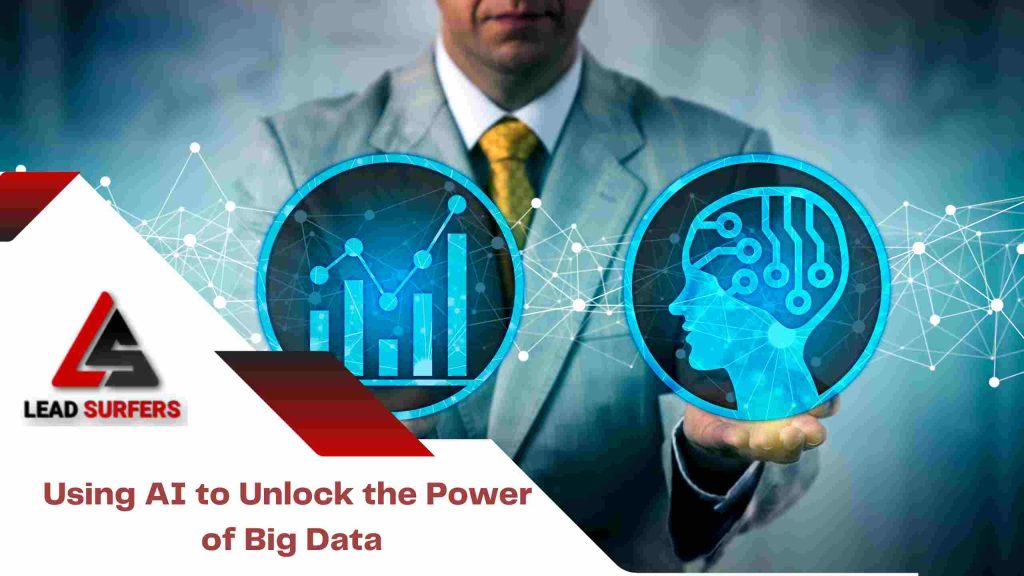Big data has become an essential tool for organisations across a wide range of industries in recent years. Companies can gain insights into customer behaviour, market trends, and operational performance, among other things, by collecting and analysing massive amounts of data. Making sense of this massive amount of data, however, is a daunting task, even for the most skilled data analysts. This is where artificial intelligence (AI) enters the picture.
AI has revolutionised data processing and analysis, making it simpler and more efficient than ever before. AI can identify patterns, extract insights, and make predictions based on massive amounts of data by leveraging machine learning algorithms, all in a fraction of the time it would take a human analyst.
For example, AI can be used to automatically categorize and label data, reducing the time and effort required to manually sort through large datasets. AI can also be used to identify outliers and anomalies in data, flagging them for further investigation by human analysts.
Using AI to unlock the power of big data, on the other hand, is fraught with difficulties. One of the most difficult challenges is the data’s own quality. To make accurate predictions and insights, AI relies on large amounts of high-quality data. Incomplete, inconsistent, or poor-quality data can lead to inaccurate or biassed results. Before using AI to analyse data, organisations must ensure that it is clean, accurate, and properly structured.
Another issue is the scarcity of skilled data scientists and AI experts. While AI has made it easier to analyse big data, it still requires skilled professionals to design, develop, and implement the algorithms and models used to analyse the data.
Despite these obstacles, the potential benefits of using AI to analyse big data are too compelling to pass up. Here are some examples of how AI is already being used in various industries to unlock the power of big data:
Healthcare: AI is being used in the healthcare industry to analyse patient data in order to identify patterns and risk factors for various diseases. For example, artificial intelligence (AI) can be used to analyse electronic health records to identify patients who are at risk of developing certain diseases, allowing healthcare providers to intervene early and prevent the disease from developing or progressing.
Retailers are using artificial intelligence to analyse customer data in order to identify purchasing patterns and personalise marketing efforts. AI, for example, can be used to analyse customer data to determine which products are frequently purchased together, allowing retailers to bundle those products and offer discounts to entice customers to buy them together.
Finance: AI is being used in the finance industry to analyse financial data in order to identify trends and predict market fluctuations. AI, for example, can be used to analyse stock market data in order to identify patterns and forecast future market movements, allowing investors to make more informed investment decisions.
Manufacturing: AI is being used by manufacturers to analyse production data in order to identify inefficiencies and optimise production processes. For example, artificial intelligence (AI) can be used to analyse machine data to predict when machines will fail, allowing manufacturers to perform maintenance before the machine breaks down and causes production delays.
To summarise, using AI to unlock the power of big data is a powerful tool that can provide organisations with valuable insights and assist them in making decisions.


